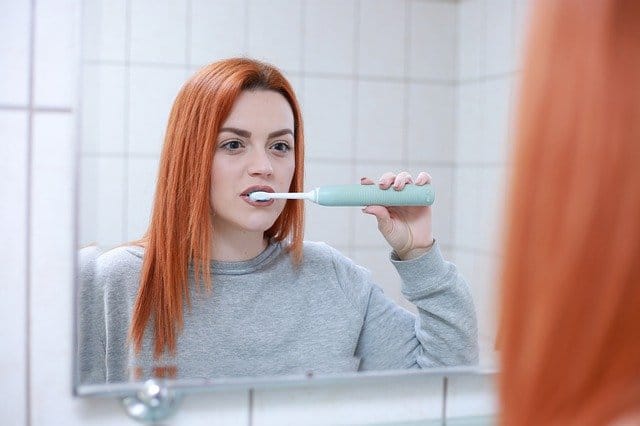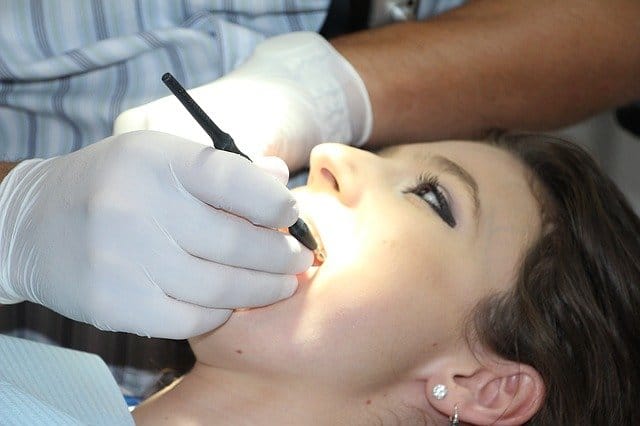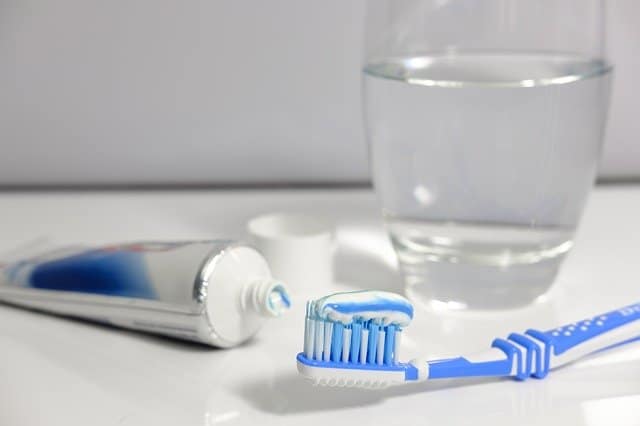
Tips to Achieve Good Oral Health
Good oral hygiene is essential to maintaining healthy teeth and gums. It includes habits like brushing your teeth twice a day and regular dental checkups with a Dentist Springville. However, there is more to oral health than tooth decay and gum disease. Studies have shown that there is a correlation between the well-being of a person’s mouth and their overall general health. Without proper treatment and maintenance, tooth decay or gum problems can result in pain, problems with self-confidence, and tooth loss. These problems can lead to malnutrition, speech issues, and other obstacles in work, school, or personal life. But people can prevent these issues with proper dental hygiene, both at home and in the dental office. Below are some of the best practices for keeping your oral hygiene healthy.
Brush Regularly and Gently
 Most people know that brushing teeth twice a day is one of the most necessary things you can do to remove plaque and germs and keep your teeth clean. However, brushing can only be effective if you use the ideal technique. People should brush by small circular motions, taking care to brush the front, back, and top of every tooth between 2 and 3 minutes. People should avoid sawing back-and-forth motions because brushing too hard or using a toothbrush with hard bristles can damage your enamel and gums.
Most people know that brushing teeth twice a day is one of the most necessary things you can do to remove plaque and germs and keep your teeth clean. However, brushing can only be effective if you use the ideal technique. People should brush by small circular motions, taking care to brush the front, back, and top of every tooth between 2 and 3 minutes. People should avoid sawing back-and-forth motions because brushing too hard or using a toothbrush with hard bristles can damage your enamel and gums.
They also state that you should change your toothbrush every three weeks or when the tips start to wrinkle, depending on what comes first.
Consider Using Fluoride
Fluoride comes from a part of the earth known as fluorine. Many experts believe that fluoride helps prevent tooth decay, as well as being a common ingredient in toothpaste and mouthwash. But some dental products, however, do not contain fluoride, and some people do not use it at all. There is evidence that a lack of fluoride can lead to tooth decay, even if a person takes care of their teeth in other ways. A recent study found that brushing and flossing will not prevent someone from getting cavities if fluoride is not used. Citizens can find out if their local water contains fluoride by calling their local water authority. Reverse osmosis water filters remove fluoride, and people who use well water should check the fluoride content of that water to find out how much fluoride is in it.
Limit Sugary and Starchy Foods
Eating sugar can cause tooth decay. Studies consistently show the important role of sugar in dental health. The usual culprits are sweets and desserts, but many processed foods also contain sugar. Experts recommend people limit their sugar intake below 10 percent of their daily calories. They concluded that lowering this to 5 percent would further reduce the risk of cavities and other dental problems. Experts have also found that starchy foods, such as cookies, bread, chips, and pasta, can cause tooth decay. This acid can cause tooth decay. Instead of starchy foods, the ADA strongly recommends eating plenty of high-fiber fruits and vegetables, along with sugar-free dairy products.
Visit a Dentist Regularly
 When it comes to oral health and problems, a dentist is the real McCoy! People should see a dentist every 6 months for a checkup. During a dental examination, a dentist will clean the teeth and remove plaque and hardened tartar. The dentist will check for visual signs of cavities, gum disease, mouth cancer, and other oral health issues. They may sometimes also use dental X-rays to check for cavities. People can talk to their dentist about how often they need a checkup. The solution can fluctuate, depending on a person’s health history, age, and overall dental health.
When it comes to oral health and problems, a dentist is the real McCoy! People should see a dentist every 6 months for a checkup. During a dental examination, a dentist will clean the teeth and remove plaque and hardened tartar. The dentist will check for visual signs of cavities, gum disease, mouth cancer, and other oral health issues. They may sometimes also use dental X-rays to check for cavities. People can talk to their dentist about how often they need a checkup. The solution can fluctuate, depending on a person’s health history, age, and overall dental health.
But anyone who notices changes in their mouth should see a dentist. The results of a recent study showed that teens and children should visit the dentist every 6 months to prevent tooth decay. But adults who practice good daily dental hygiene and have a minimal risk of dental health problems may visit less often.



